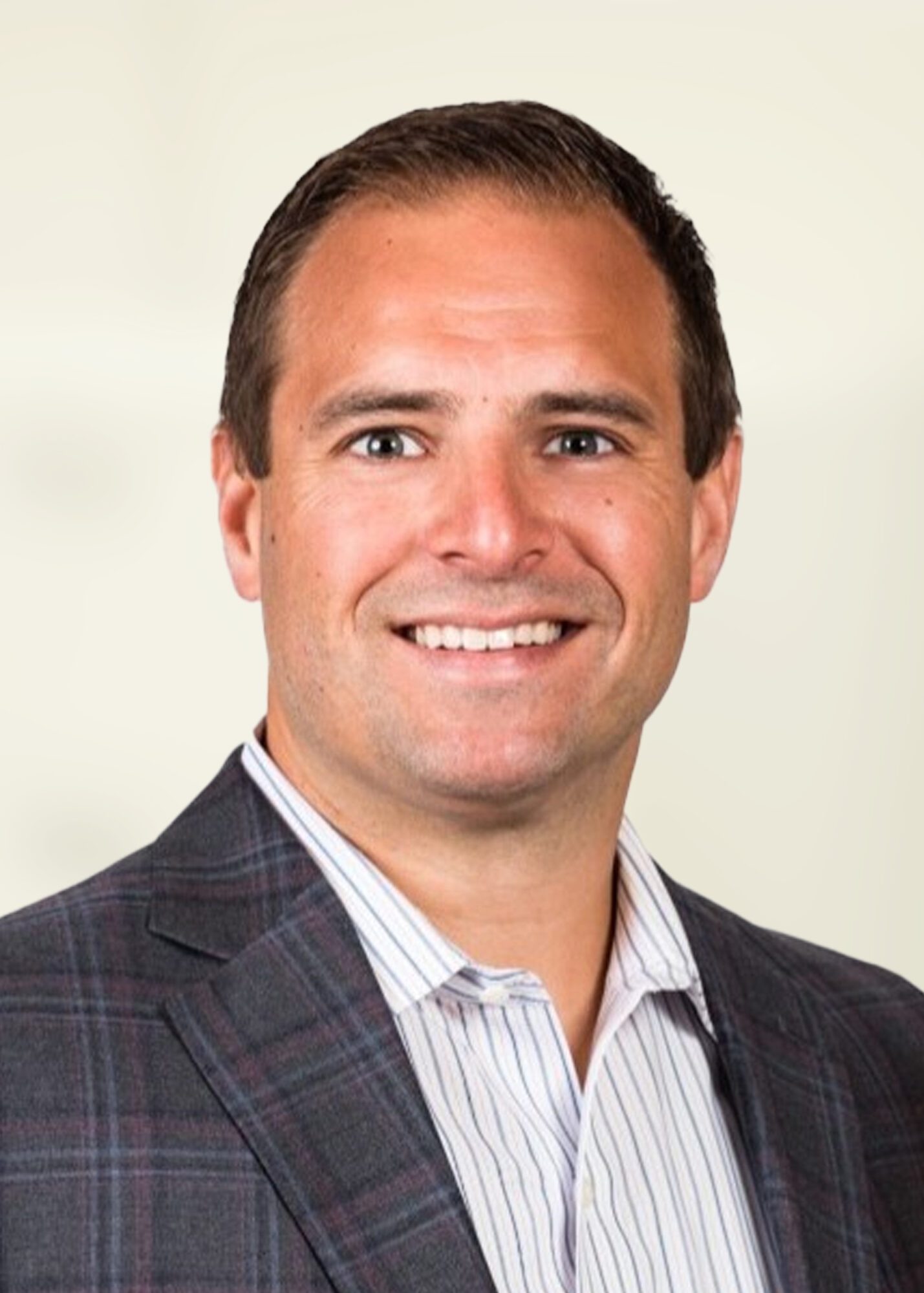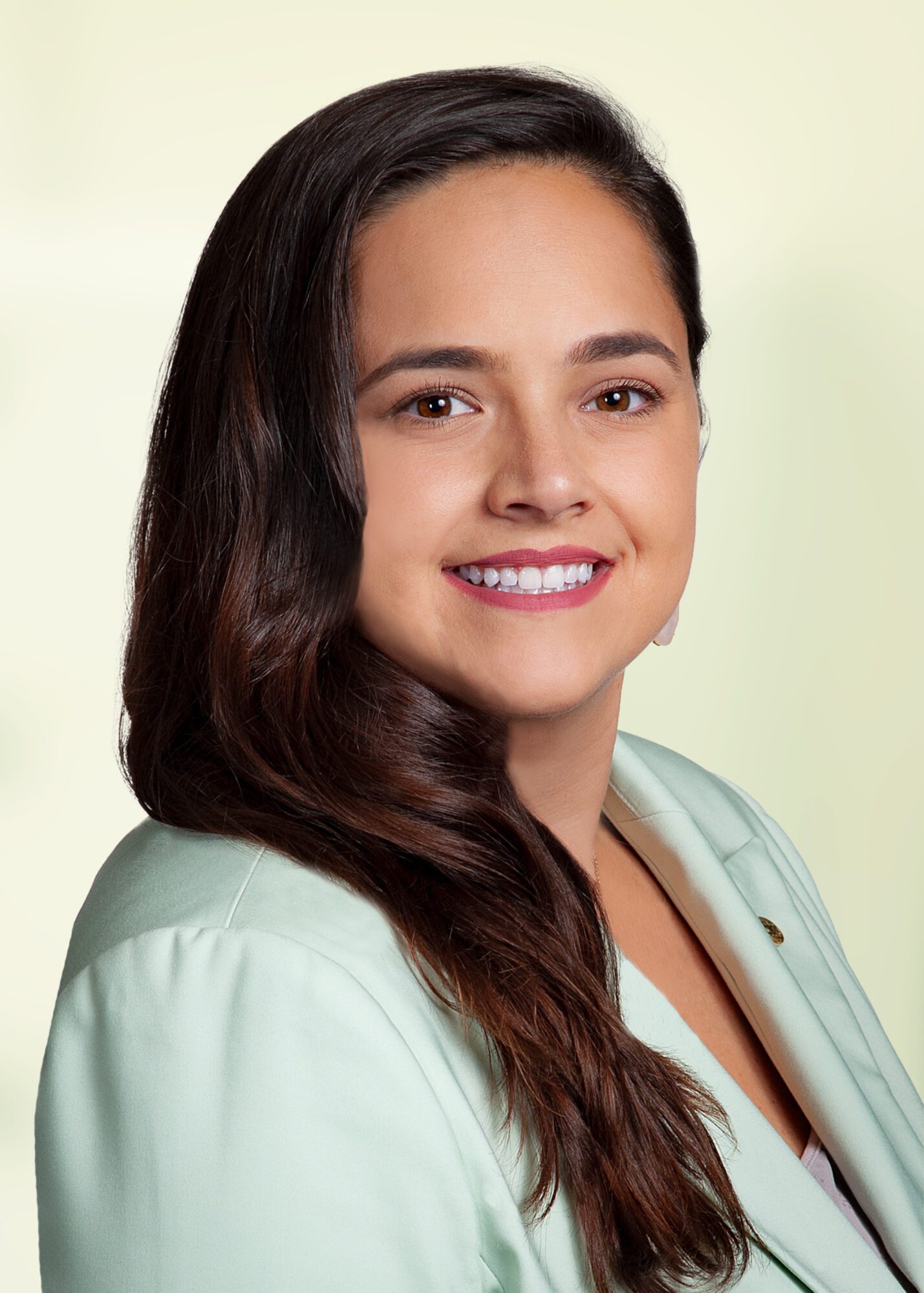Kapnick Insurance, a leading name in bespoke insurance solutions with a reputation for stellar customer service, is excited to welcome George Spanopoulos on board as a new client executive for employee benefits. With a rich background as a financial advisor, specializing in municipal pension systems, and experiences spanning commercial and retail lending to entrepreneurship, George has consistently demonstrated a profound dedication to financial planning and asset allocation for business leaders. Holding a finance degree from Wayne State University, George is a lifelong learner, always aiming to leverage his deep industry knowledge for client benefit. "I’m beyond excited to join the…
Read More











